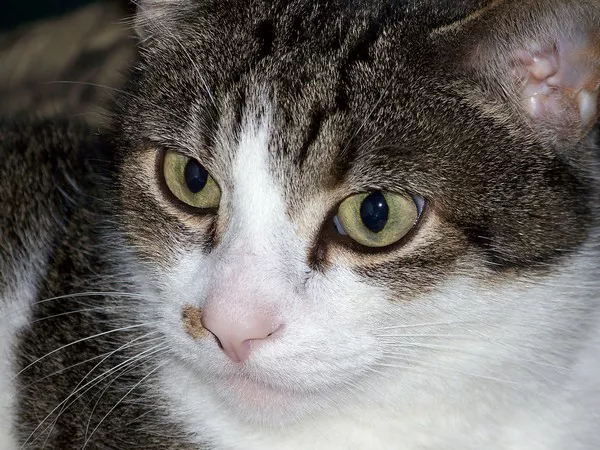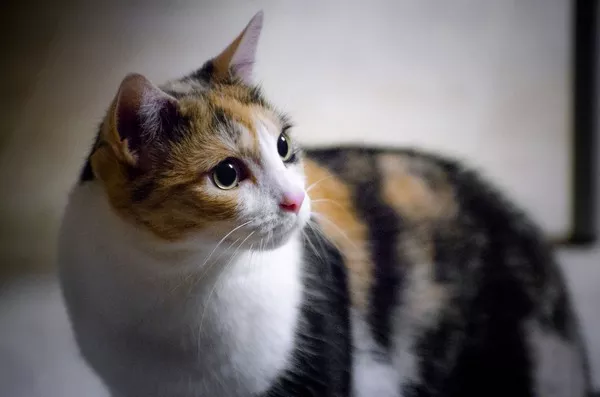In a significant operation, Chinese police have rescued over 1,000 cats from a truck en route to a slaughterhouse, unveiling a disturbing illicit trade that involves falsely marketing feline meat as pork or mutton. This revelation has raised fresh concerns about food safety.
The rescue mission was initiated based on information provided by animal activists who alerted authorities earlier this month. Officers from Zhangjiagang, situated in the eastern Chinese province of Jiangsu, intercepted a vehicle utilized for collecting and transporting the captured cats, according to the state-affiliated news outlet, The Paper.
Had the authorities not intervened, this batch of cats would have likely met a grim fate, being slaughtered and then shipped south to be served as pork and lamb skewers and sausages, as per the report.
The rescued cats have been relocated to a shelter nearby, as reported by The Paper, thereby thwarting a scheme that could have generated profits of up to $20,500. Details about any potential arrests or whether the cats were strays or pets were not mentioned in the report. CNN has reached out to both Zhangjiagang police and the animal shelter for additional information.
The Paper disclosed that animal activists initially observed a large number of wooden boxes containing numerous cats near a cemetery. They maintained vigilance for six days and, when the truck began transporting the cats to the slaughterhouse, they intervened and notified the police, according to the report.
Images published by The Paper depicted the rescued cats at the shelter, comfortably resting in more spacious cages.
An activist cited in the report revealed that the illicit operation deceives consumers by selling a pound of cat meat for approximately $4, passing it off as mutton or pork. Following processing, each cat weighs about four to five pounds.
Gong Jian, an activist who is in the process of establishing a sanctuary for stray felines in Jiangsu, remarked, “Some people will do all it takes because it is profitable.”
This operation not only highlights the urgency of addressing the illicit cat meat trade but also raises concerns about the implications for food safety, as consumers may unknowingly purchase mislabeled meat products.






















